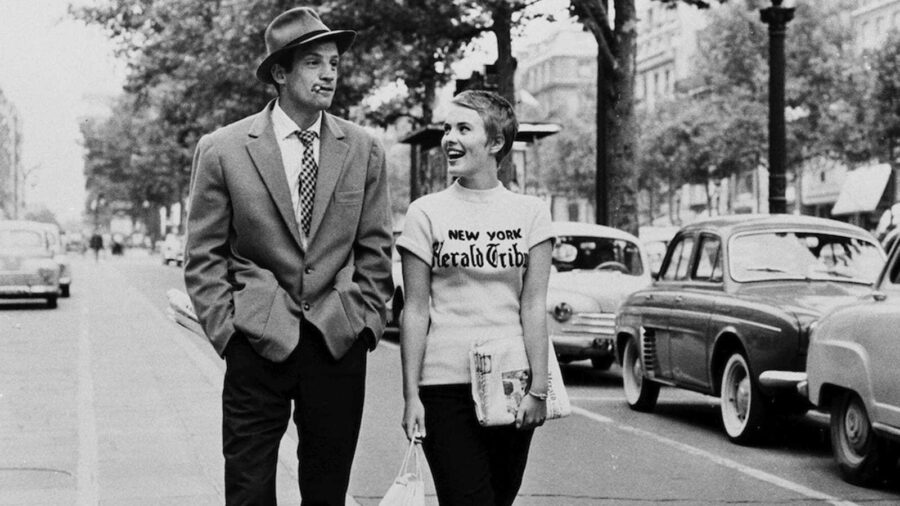Jean-Luc Godard, One Of The Most Influential Filmmakers In History, Has Died
Jean-Luc Godard, one of the most influential filmmakers in history and a prominent figure in French New Wave cinema, has died.
This article is more than 2 years old
Jean-Luc Godard, the French-Swiss director who became a key figure of the New Wave of Cinema in the 1960s, has died. According to The Guardian, the 91-year-old filmmaker chose to die by assistance as a “voluntary departure” in Switzerland, where the practice has been legal since 1942. Jean-Luc Godard is considered one of the key figures of modern cinema, with filmmakers, actors, and other intellectuals like Edgar Wright and Quentin Tarantino holding him in high esteem as an influence.
Jean-Luc Godard was born in Paris in 1930 to wealthy parents and moved to Switzerland when he was four, spending most of World War II there with his family. He claimed to have not been an avid fan of cinema in his youth but eventually became an iconoclastic film critic and contributed to the influential Cahiers du Cinéma magazine and was known for espousing the work of popular directors like Howard Hawks and Alfred Hitchcock. He began making short films in Switzerland in the 1950s, highly influenced by American crime films and utilizing guerilla filmmaking techniques.
Along with his contemporaries Francois Truffaut and Alain Resnais, Jean-Luc Godard became one of the creative core figures of what eventually was known as the New Wave of French Cinema, which typically took radical new approaches to editing, storytelling, and social commentary. His first full-length feature film Breathless (À bout de souffle) was conceived with Francois Truffaut and starred Jean-Paul Belmondo and the American actress Jean Seberg as an aimless criminal and his girlfriend. The movie would be remade starring Richard Gere in 1983, perhaps the director’s most prominent breakthrough in Hollywood. The film’s self-reflexive approach to cinematic history, intense, jump-cut-driven editing, and nihilistic themes made it a sensation, and it is widely considered one of the greatest films in history.

The 1960s were Jean-Luc Godard’s best-known period of filmmaking, in which he fused political commentary, intentional alienation of the viewer, and his love of American genre film into bold new statements. His 1964 film Bande à part (which starred his first wife Anna Karina along with Sami Frey and Claude Brasseur) also focused on a group of criminal outsiders to society, and eventually inspired the name of Quentin Tarantino’s production company A Band Apart. Over the decades, his work became increasingly focused on social issues, specifically promoting Marxism and decrying the Vietnam War.
Later in life, Jean-Luc Godard’s work became increasingly self-referential to his place in cinematic history and focused on elegiac themes. He also became something of a recluse in Switzerland, rarely leaving the town of Rolle or accepting visitors. Representatives for Jean-Luc Godard stated that he had been suffering from “multiple painful pathologies,” while his family stated that he was simply “exhausted” and chose to leave life on his own terms.
Jean-Luc Godard leaves behind a legacy in film nearly unparalleled in history. His work bridged the chasm between popular genre films and high art and helped change ideas of what is possible for cinema. Rest in peace, Jean-Luc Godard.











